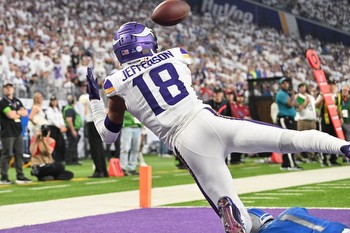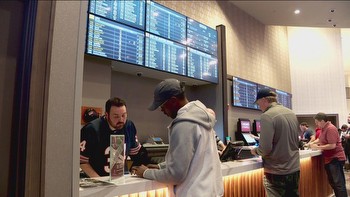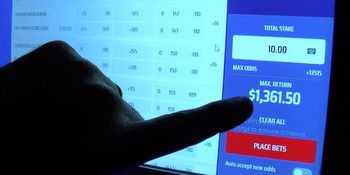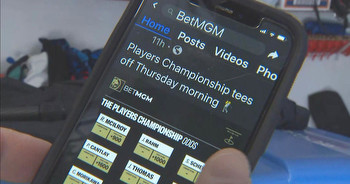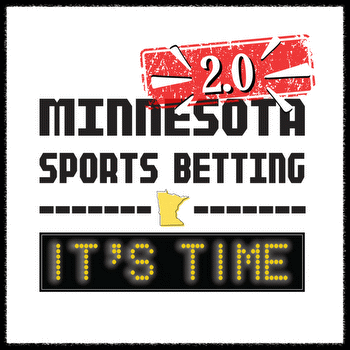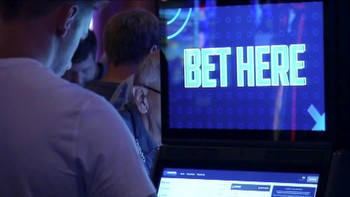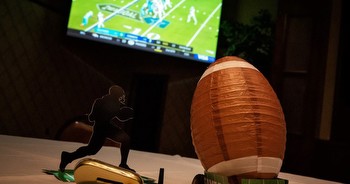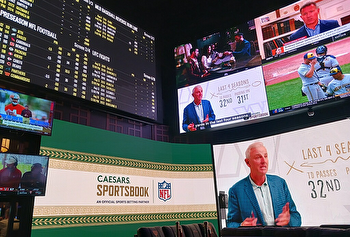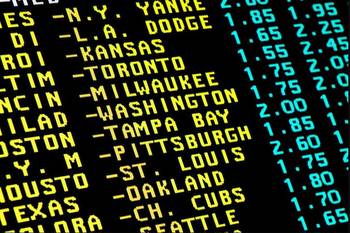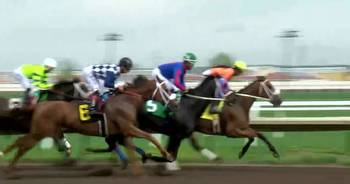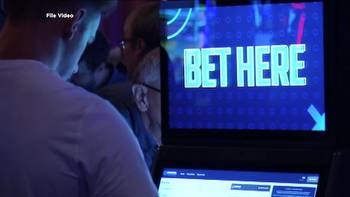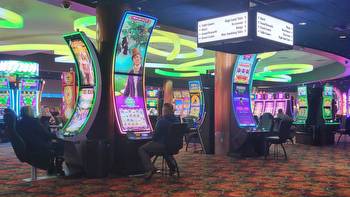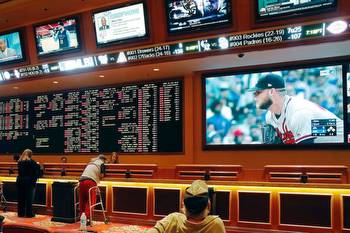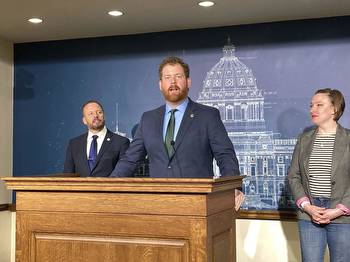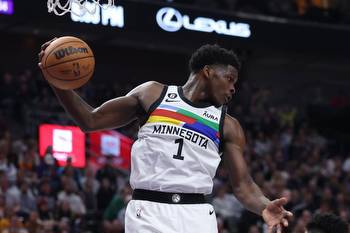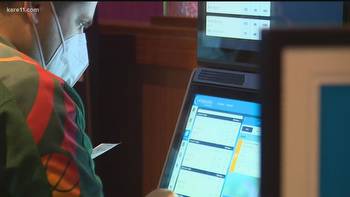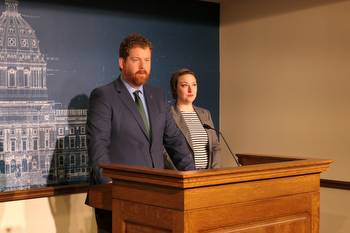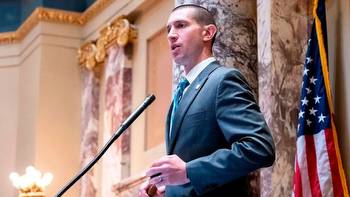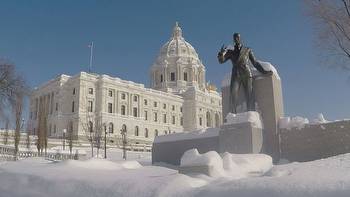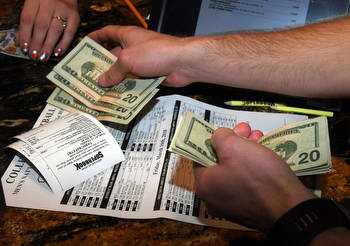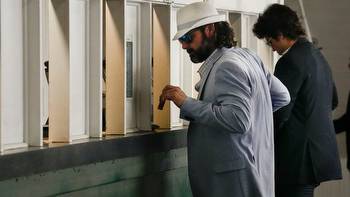Optimism growing for legalizing sports betting in MN
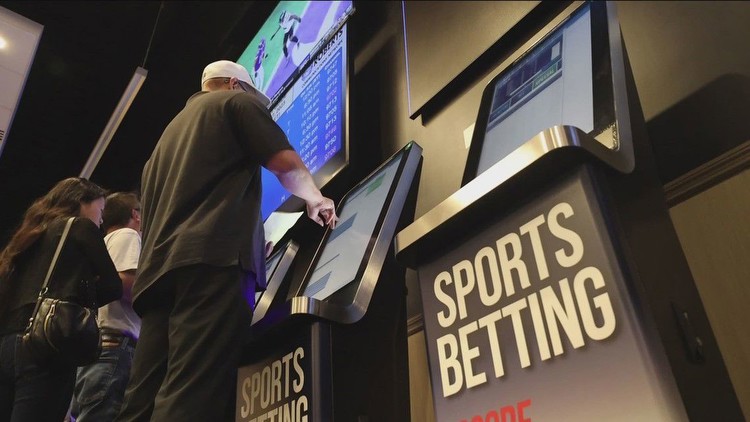
ST PAUL, Minn. — Minnesota will not be among the states that see a windfall from the estimated $2.7 billion that Americans are set to wager on the NCAA men's and women's basketball tournaments this year.
But if a bipartisan effort underway at the Minnesota legislature continues on it's current trajectory, the American Gaming Association will have to add the state to it's annual calculations next March.
"I've got a good feeling about this," said DFL Senator Matt Klein, who authored a sports betting bill that is now just one vote shy of making it to the Senate floor. "There are people on both sides of the aisle that want to get it done this year, and we're moving forward."
Minnesota has tried, and failed, to get a sports betting bill across the finish line before.
After a pivotal Supreme Court decision in 2018, 38 states have now legalized sports betting in some capacity, including all of the states neighboring Minnesota. Lawmakers say that has led to a lot of lost revenue from Minnesotans who have crossed the border to gamble, let alone those who simply bet illegally online.
"I think it's important that we get this done," said Republican Senator Jeremy Miller, who has now joined forces with Senator Klein in hopes of passing the Senate bill. "I also think it's important that we pass a bill that not only benefits the tribes but also benefits the horse racing tracks, benefits charities across the state of Minnesota, youth sports and then, something that's very important to me, that we have a permanent stream of funding to attract major sporting events to Minnesota."
To accomplish all that, the current bill would double the sales tax paid by the sports betting apps and other license holders, from 10% to 20%.
"That's applied like a gross sales tax on those license holders," Miller said. "Minnesotans, when they're actually placing those bets, they're not taxed on that. They are of course taxed on winnings... if they win."
Authors say some of those proceeds will also be focused on those who don't win.
"It's really important that we deal with problem gaming seriously," said Representative Zack Stephenson, who authored the bill in the House.
Stephenson says he supports several guardrails, such as self-imposed spending limits on betting with apps, restrictions on push notifications and even a delay of three hours on deposits.
"That's so that hopefully someone who loses some money on the noon games on an NFL Sunday doesn't turn around and try to make it all back in the afternoon games and dipping into their savings or something," he said.
The current senate bill also includes a ban on in-game betting, which is also meant to target problem gamblers - but because those bets already account for up to half of bets nationwide, authors say an outright ban likely won't survive the legislative process.
"One question would be, if you did make a change like that, would (sports bettors) even choose to participate in the Minnesota market?" Sen. Klein said.
"If you talk to anyone who works in problem gaming, they'll tell you people are wagering on sports illegally, in Minnesota, every day," Stephenson said. "It's very easy to use your phone to get on to an off-shore website where there's no controls, no regulations, no protections and no tax dollars going to anything productive in Minnesota."
Minnesota is one of Six states that currently have active bills - or ballot measures - that could all join the growing list of states to legalize sports betting by the end of the year.

